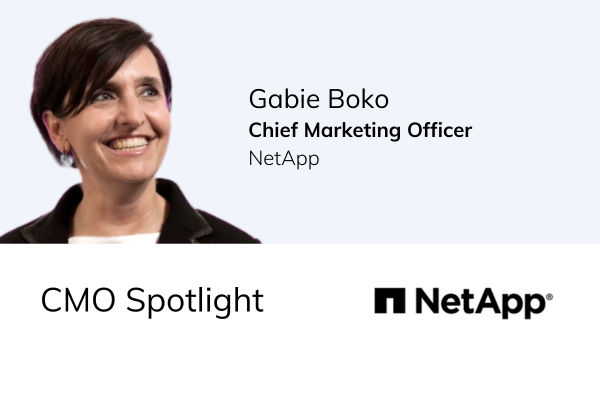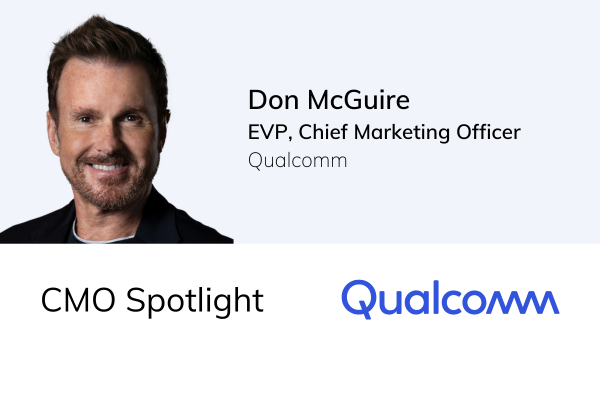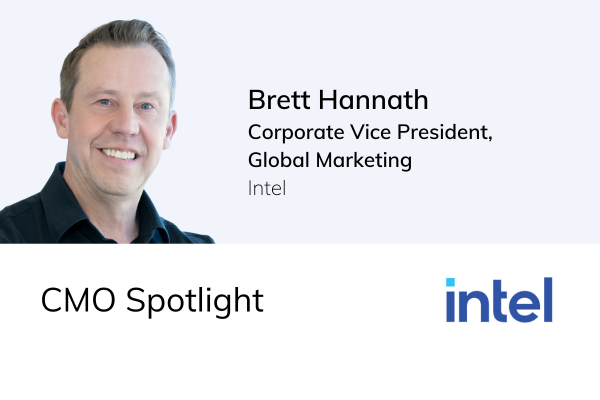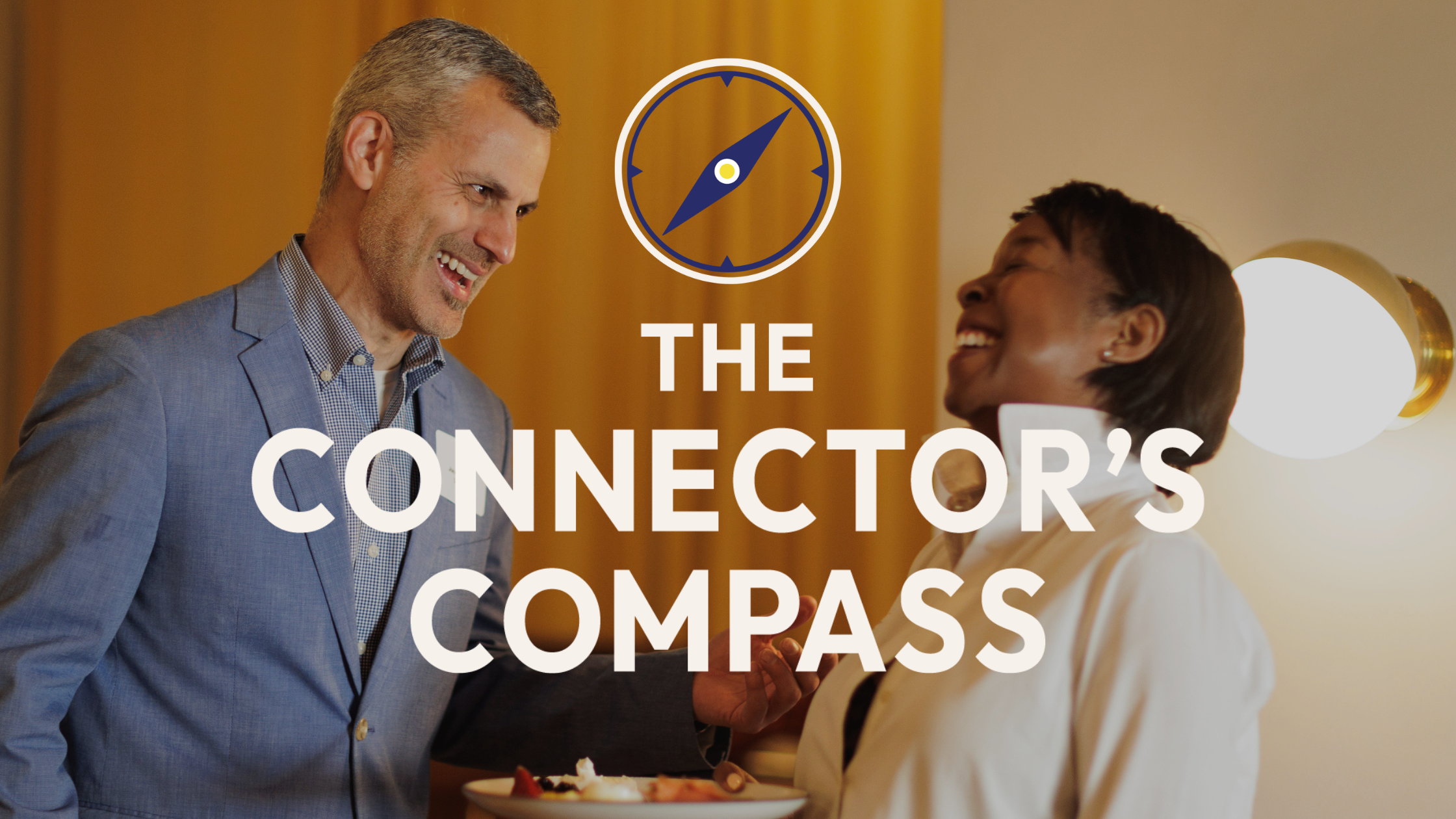Great Marketing Drives Our Economy
This blog was written by Joe Koufman, CEO and Founder of Setup.
Armed with 20+ years of marketing, business development, and management experience, Joe Koufman founded Setup to ignite relationships between marketing agencies and client-side marketers. His unique agency perspective – having worked at a small digital firm, an independent full-service marketing agency, and a massive holding company – is what inspired Joe to help marketers find agencies that are the perfect fit.
I set out to write about the Nobility of Marketing. The case I was going to make was that marketers should be held in a place of high esteem much like doctors, judges, accountants, and engineers. And they should. But it is a tall order to try to convince the world that marketing can and should be a noble profession. Good marketing has the power to deliver the services and products that we need to make our lives better.
As David Mullen, who is president of Setup agency partner The Variable, stated it:
"Historically, marketers earned success by creating demand, getting people to buy into their offerings. But the difference now is that modern successful brands know it's not about creating demand, it's about creating stuff that people demand. It's not about pelting people with millions of dollars in advertising, but about crafting how people experience every touchpoint. It's not about positioning your brand in their minds, but actually taking hold in their lives. So today, brands earn trust by truly helping people -- not by convincing them to buy stuff they don't need."
To paraphrase David Mullen - the best marketers seek to uncover the true needs of a consumer then develop a solution to serve those needs.
This insight caused me to seek a greater understanding of the value of marketing so I reached out to a mentor - Ken Bernhardt, who served as a marketing professor at Georgia State University and a consultant to some of the best companies in Atlanta for over 40 years. Ken has been such an amazing pillar of the Atlanta marketing community, so I was thrilled to be able to honor him in one of my #ThankfulThursday posts on LinkedIn. Of course, Ken had great insight into why marketing is such a driver for economic growth (vs. a cost center, as it is often viewed).
My conversation with Ken felt like a mini-MBA in marketing. One of his primary points was that great marketing drives our economy, job growth, and long-term wealth.
Ken talked about good vs. bad marketing. Bad marketing might trick a consumer one time, but will never cause a repeat purchase. Good marketing focuses on uncovering a need from the consumer and then producing a product or service that meets real needs.
Ken told me a few stories to illustrate examples:
Pet Rock
When Gary Dahl came up with the idea of the Pet Rock, many saw it as a silly idea, but the reality was that it represented an interesting way to tell someone that you were thinking of them. It was priced at $4 which made it a great alternative to a greeting card. There was never “demand” for a pet rock, but the need it filled was those that were looking to deliver a sentiment (happy birthday, merry Christmas, etc.) without buying another greeting card. The more modern version of the pet rock is Silly Bandz or Pokemon Cards that have been popular with kids as collectibles.
The point:
Don’t start with a product, start with a need state by a consumer that is being unfulfilled.
Chick-fil-A Nuggets
In the early 1980s, one of the Chick-fil-A franchises (called Operators), got the idea to cut chicken into little pieces and sell it at holiday times as hors d'oeuvres in 5 or 10 lb servings for $5.99/lb. The long-time CMO of Chick-fil-A suggested that they do some research (focus groups) on the idea with consumers. First, consumers did not know how much 5 lb or 10 lb portions were. Second, they said they would not pay $5.99/lb for chicken. Third, they asked why would they only be sold for holiday parties? Many consumers threw away the bread and just ate the chicken for dietary reasons.
It turns out that consumers were very willing to pay $1.99 for a 3.5 ounce portion of chicken (which turns out to be $6.99/lb). They were a hit - until they were not any longer. McDonald’s had recently come out with McNuggets and it made the Chick-fil-A portions seem small. Also, McD’s came out with dipping sauces. Once Chick-fil-A figured out different portion sizes and dipping sauces, they again had a successful product that remains a staple menu item today.
The point:
Market research helps reveal the consumer’s true needs, so brands can take action accordingly. Plus, consumers’ needs can change, so brands must adapt accordingly to fulfill those changing needs.
Alliance Theatre
Attending the Christmas Carol at the Alliance Theatre has been a family tradition for many in Atlanta for generations. By monitoring consumer needs, the Alliance has created a COVID-19-friendly show at the Georgia State University football stadium parking lot where families can enjoy the show from their safely comfortable cars.
The point:
Adapt your offering to meet the changing consumers’ needs. It doesn’t matter why their needs changed (unforeseen global pandemic or basic shifting sentiments); what matters is that brands are listening to consumers and responding accordingly.
Sony Walkman
The Sony Walkman was a brilliant product that dominated the market at the time of its launch in the late 1970s by allowing people to listen to their favorite music while they are on the move. The downfall of the Walkman was that Sony never innovated the product by understanding the need state of the consumer (they focused only on making it lighter). Steve Jobs and Apple came along and created the iPod and later the iPhone which allowed you to not only ditch the Sony Walkman, but also the camera, telephone, answering machine, and other single-function devices. Every gadget on this 1991 Radio Shack (R.I.P.) flyer can be replaced with a single iPhone that fits in your pocket:
Ford Model-T
Henry Ford is often credited for saying: “If I had asked people what they wanted, they would have said faster horses.” Great marketing is not about giving the consumer what they ask for, it is about solving for a need state that they have. Before automobiles were widely available, horse riders dealt with the mess of having to clean up after their horses, they were exposed to the elements, they had little storage space, and travel times were slow. With the advent of the Model-T, consumers could travel quickly, safely, and cleanly to destinations far away.
The point:
Even when consumers currently love a product (be it a Walkman or a horse for transportation), smart marketers will be thinking ahead and offering options to iterate and improve upon the status quo.
There is nobility in digging deep to understand the needs of the consumer and then delivering the products and services that meet those needs. Good marketing drives a strong economy, great paying jobs, helps consumers find products and services they truly need, and increases personal wealth. Marketers can never get lazy and rest on current success - they should constantly seek how to better service their customers expressed and also unstated needs.












Setup’s 2025 Marketing Relationship Survey gives marketers a rare, honest look into what brands and agencies say is working and what quietly destroys partnerships.
The truth is that relationships fail because of patterns, mistakes that pile up over time, even after multiple warnings. So here are the most common red flags and green flags in the agency-client relationship based on what real marketers are telling us.